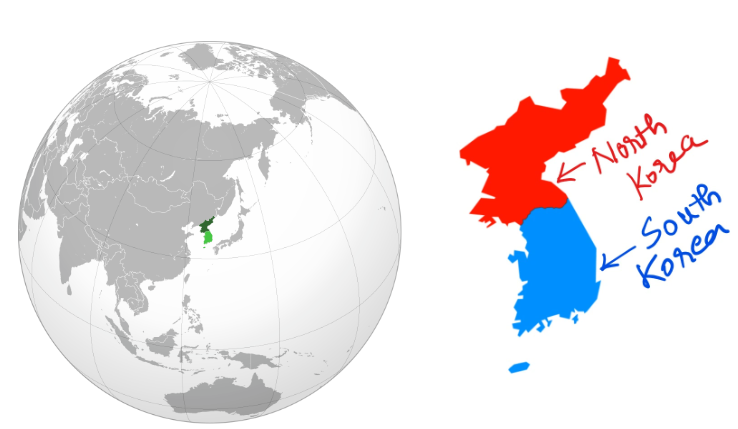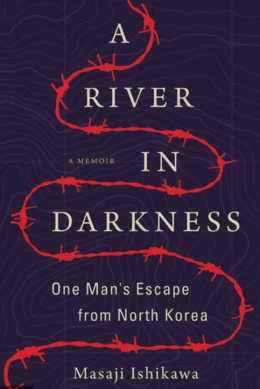
[Spoilers from the book included]
Few years back, if you were to ask me about North Korea, I would tell you – it’s just some country in East Asia. I didn’t know then about the totalitarian regime in North Korea and how distinct it was from South Korea. Neither did I know, how life in North Korea differed from rest of the world.
Last summer, when I read a book titled ” A river in darkness – One man’s escape from North Korea, I uncovered the mystery of life in North Korea. It painted a picture so deep in my memory, that I still find myself thinking about it some days.
This book, is a story of its author – Masaji Ishikawa, who moved to North Korea when he was just thirteen years old. Before moving to North Korea, he lived in Japan with his parents, His father was originally from South Korea while his mother hailed from Japan. After their marriage, his parents moved to Japan, where his mother earned little wages from menial jobs and his father grappled with discrimination. The story is set in 1960s, just a few years after the Korean war.
Somewhere around that time, the government of North Korea launched a propaganda to attract millions of Koreans from Japan. They desperately needed laborers to rebuild economy after the Korean war and luring back Korean immigrants seemed an easy option. North Korea was promoted as a land of opportunities with jobs, free education and food for all. Masaji’s father, who was brainwashed with these false promises, convinced his entire family to move to North Korea. He didn’t know then, the stark differences that exist between North and South Korea(where he hailed from).
Masaji remembers the first meal he received after the long journey to North Korea. It was rubber like chewy & pungent smelling meat from remains of an animal. Hungry and tired, he quickly ate whatever was served to him but felt deeply disgusted once he learned it was a dog. He did not know then, that food was a privilege in North Korea and not everyone slept with their stomachs filled. Anything that was alive was deemed edible and people felt grateful to be able to just eat.
Upon their arrival, Masaji and his family were taken to a small village and granted a small hut. All their personal luxuries were either stripped off or stolen soon. Anyone who dared to speak against the government officers, disappeared overnight. Equality existed in the neighborhood in sense that everyone was poor. And if anyone, managed to afford any luxury, the government made sure to rip that off and beat him to death.
Masaji describes how his schooling tamed him in North Korea. He arrived there while he was young and learned to obey like all other children in his school. They learned to sing praises for Kim II sung – the ruler of North Korea. Their teachers made them regard Kim II sung as their holy father. It was natural to grow up as a blind devotee and loose any independent thinking.
What I found moving in this book was the constant description of hunger. Masaji and his family starved for months on rations that were meant to last for few days. They were forced into hard labor and their combined earnings rarely sufficed to buy any food. They woke up every morning, thinking about food and slept on empty stomachs, dreaming about food. Most of his family members died of hunger year after year while Masaji somehow survived in North Korea. He had no money and no connections which made it difficult for him to escape the country. He ended up spending thirty years of his life in North Korea.
And then one day, he finally managed to escape the country, alone. I thought his agony would come to an end after his escape from North Korea. But unfortunately, that was not true. Masaji never managed to bring back his family to Japan and lived the rest of his life worrying about his wife and kids, who were stuck in North Korea. He could also not make a decent living in Japan as he lacked education 7 skills that were deemed crucial for most jobs.
After I finished reading this book, I felt restless. The emotional torment of Masaji’s survival was devastating. He escaped North Korea in 1990s. That does not seem far too behind in the history!
I wonder how North Korea has changed since then. Very often, I hear strange pieces of information about North Korea – Threat of nuclear attacks, disruption of all communication with South Korea , military escalations and so on. I wonder what people living in North Korea experience ? Do they still suffer? Are there more Masajis, whom we must rescue? And if yes, who will own the responsibility to establish their rights and freedom?

© Copyright 2020. Megha Gupta. All rights reserved.
